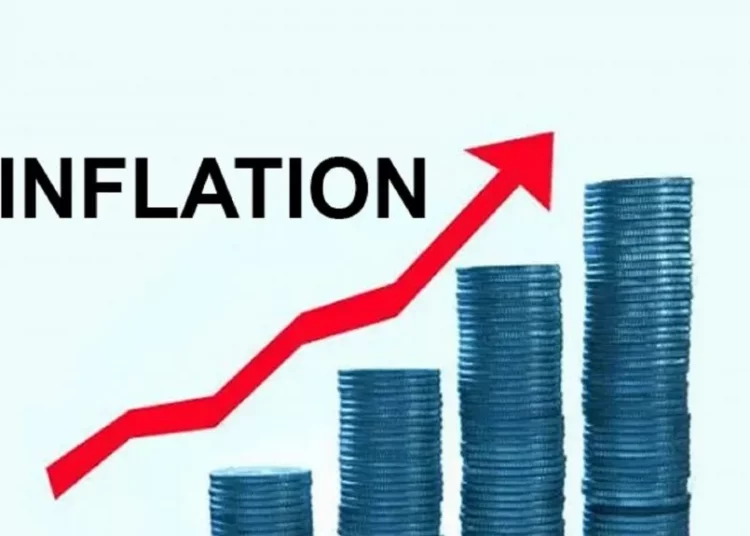Food inflation advanced by 43 basis points to 25.25 per cent in June, responding to high prices of food items occasioned by high energy and transportation costs due to removal of subsidy on premium motor spirit (PMS) also known as petrol.
This was as against 24.82 per cent recorded in May.
However, headline inflation rate accelerated marginally for the sixth consecutive time to 22.79 per cent in June, according to data by the National Bureau of Statistics (NBS) released yesterday.
Analysts had projected that the country’s headline inflation would see a jump in the June index, owing to the fuel subsidy removal and recent naira devaluation.
“The increase in energy costs is beginning to reflect in the prices of transport and food, contributing to inflationary pressures and raising inflation expectations,” analysts at Financial Derivatives Company Limited, led by economist Bismarck Rewane had said in their latest economic bulletin.
President Tinubu announced the removal of the petrol subsidy upon his inauguration into office.
As a result, fuel prices across the country surged by an average of 174.6 per cent from their then price a month ago.
According to the NBS, the rise in food prices was due to increased costs of Oil and fat, Bread and cereals, Fish, Potatoes, Yam and other tubers, Fruits, Meat, Vegetables, Milk, Cheese, and Eggs. On a month-on-month basis, food inflation increased by 2.4 per cent, relative to the 2.19 per cent month on month recorded in the previous month.
Headline inflation rate rose to 22.79 per cent relative to May 2023 headline inflation rate which was 22.41 per cent. Although, the June 2023 Headline inflation rate showed an increase of 0.38 per cent points when compared to May 2023 headline inflation rate, it was lower than expectations of analysts.
The June Headline inflation rate was 4.19 per cent points higher compared to the rate recorded in June 2022, which was 18.60 per cent. This shows that the Headline inflation rate (year-on-year basis) increased in June 2023 when compared to the same month in the preceding year.
Likewise, the core inflation rose by 22bps to 20.27 per cent from 20.06 per cent in May. The highest increases were recorded in prices of Passenger Transport by Air, Gas, Vehicles, Spare Parts, Liquid Fuel, Fuels and Lubricants for Personal Transport Equipment, Medical Services, Passenger Transport by Road, among others.
On a year-on-year basis, the Urban inflation rate in June 2023 was 24.33 per cent, which was 5.23 per cent points higher compared to the 19.09 per cent recorded in June 2022.
On a month-on-month basis, the Urban inflation rate was 2.31 per cent in June 2023, which was 0.21 per cent points higher compared to May 2023 (2.09 per cent).
The corresponding twelve month average for the Urban inflation rate was 22.38 per cent in June 2023. This was 5.30 per cent points higher compared to the 17.09 per cent reported in June 2022.
The Rural inflation rate in June 2023 was 21.37 per cent on a year-on-year basis; this was 3.25 per cent points higher compared to the 18.13 per cent recorded in June 2022.
On a month-on-month basis, the Rural inflation rate in June 2023 was 1.96 per cent, up by 0.16 per cent points compared to May 2023 (1.80 per cent). The corresponding twelve months average for the Rural inflation rate in June 2023 was 20.76 per cent. This was 4.75 per cent points higher compared to the 16.02 per cent recorded in June 2022.





